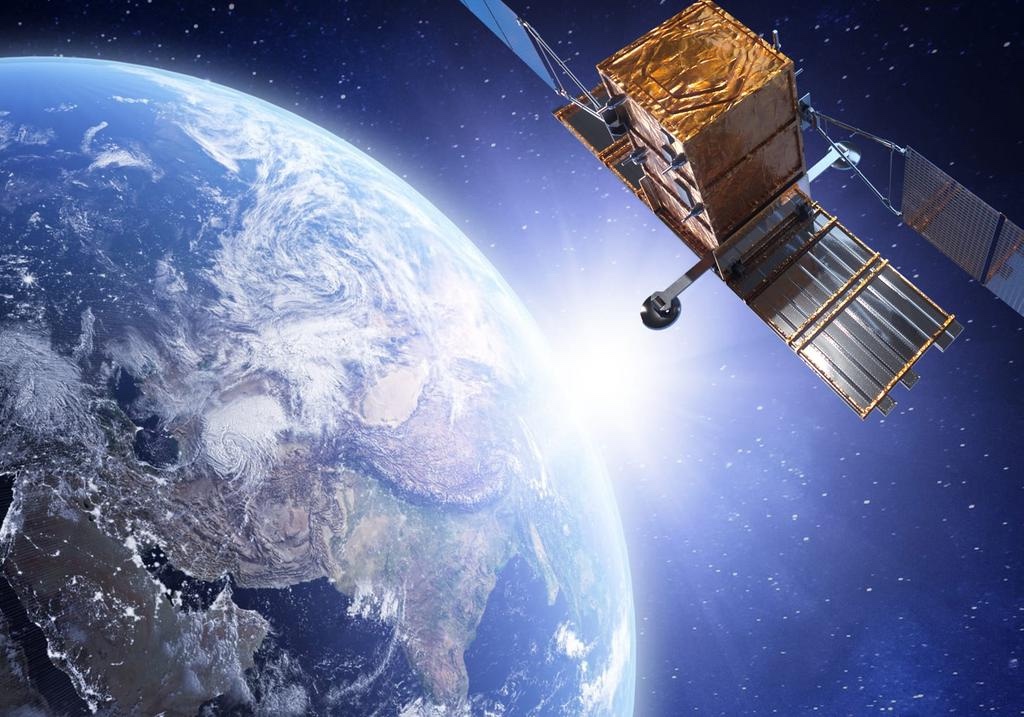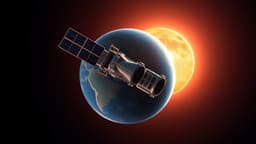Home / Science / Europe Rushes to Build Own Space Might
Europe Rushes to Build Own Space Might
19 Nov
Summary
- Europe emphasizes independent space capabilities due to shifting geopolitics.
- Italy opts for US Falcon 9 launch due to Vega C delays.
- European officials call for increased investment in space security and competitiveness.

European government officials are urgently emphasizing the need to bolster autonomous space capabilities. This strategic shift is primarily driven by changing geopolitical dynamics, which underscore the criticality of European independence in space. Discussions at Space Tech Expo Europe highlighted this paradigm shift, with officials stressing that resilience and security are now paramount at both institutional and commercial levels.
The push for greater European autonomy in space includes significant support for defense-related space activities. Given the current geopolitical situation, nations like Poland are advocating for a unified European approach to space security, treating satellites, launch systems, and ground infrastructure as vital assets. This comes as the European Space Agency prepares for a ministerial conference to decide on crucial program funding for the next three years, with a focus on enhancing security and global competitiveness.
This drive for autonomy faces practical challenges, as exemplified by Italy's recent decision to launch its Cosmo-Skymed satellite on a U.S. Falcon 9 rocket instead of the European Vega C. This choice was necessitated by significant delays in the Vega C program following a failure in late 2022. While Italy prefers full national control over its strategic assets, the reliance on foreign launch providers illustrates the hurdles Europe must overcome to achieve its ambitious goals for space independence and market share.




